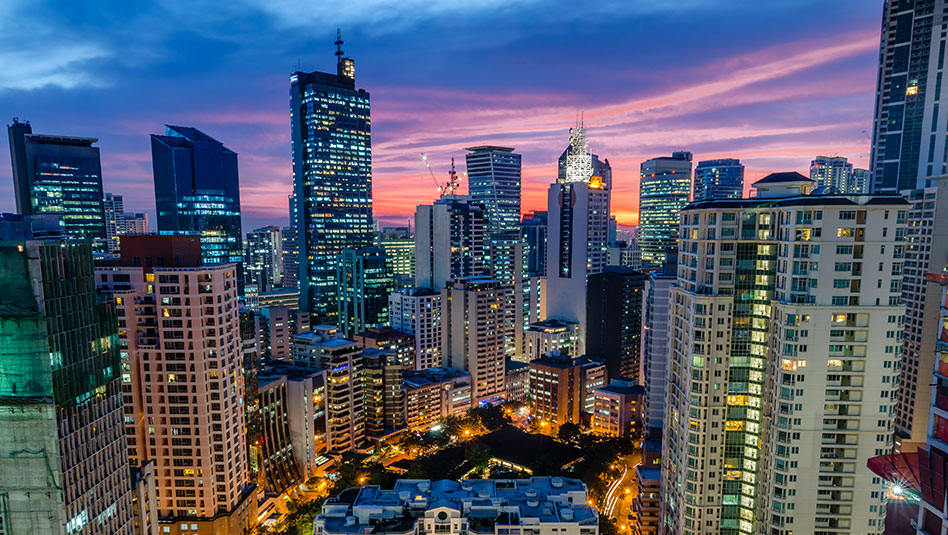Read this content. Log in or sign up.
If you are an investor with us, log in first to your Metrobank Wealth Manager account.
If you are not yet a client, we can help you by clicking the SIGN UP button.

Fundamental View
AS OF 04 Jun 2025IBK benefits from a legally binding solvency guarantee from the Korean government and is viewed as a Korean quasi-sovereign issuer. The bank is listed, but remains majority state-owned. Previous governments had proposed privatizing it, but subsequent governments scrapped these plans. The government intends to keep its stake above 50%, and wants IBK to focus on lending to SMEs and provide earlier stage investment capital.
IBK manages the difficult feat of combining its policy role to support Korean SMEs with performance that compares creditably with Korean commercial banks.
Business Description
AS OF 04 Jun 2025- IBK was established under its own Act in 1961 to assist the development of Korea's small business sector. It claims a 24% market share in SME lending.
- It was listed in the early 1990s, but was re-nationalised following heavy losses in the Asian economic crisis of the late 1990s. It was re-listed in 2003, and is majority owned by the government which holds 59.5%; the National Pension Scheme holds 5.6%, and other policy banks have small stakes (7.2% by Korea Development Bank and 1.8% by the Export-Import Bank of Korea).
- Under Article 43 of the IBK Act, if the bank incurs losses they should be set against its reserves and "if the reserves are not sufficient the Government shall assume the remaining loss". Although this is a solvency guarantee and not an explicit guarantee for the timely payment of debts, we believe the Korean government will ensure IBK is in a position to make such timely payments.
Risk & Catalysts
AS OF 04 Jun 2025The bank’s ratings are closely tied to the Korean sovereign’s ratings due to its quasi-sovereign status.
Its ratings and its default risk should therefore not be impacted by any deterioration in its financials, provided the government continues to inject new capital when needed, which it is expected to.
Its policy mandate requires it to use at least 70% of its funding for SMEs. Risks are mitigated by its granular SME exposures which are more than 80% secured, including guarantee from state-owned credit guarantee agencies. Korean governments have also always been quick to provide support including capital injections to IBK when needed, with the most recent injection of KRW 1.3 tn during the COVID.
Key Metric
AS OF 04 Jun 2025| KRW bn | FY21 | FY22 | FY23 | FY24 | 1Q25 |
|---|---|---|---|---|---|
| Pre-Provision Operating Profit / Average Assets | 1.30% | 1.49% | 1.59% | 1.39% | 1.33% |
| ROAA | 0.6% | 0.6% | 0.6% | 0.6% | 0.7% |
| ROAE | 9.2% | 9.5% | 8.8% | 8.1% | 9.6% |
| Provisions/Average Loans | 0.34% | 0.50% | 0.67% | 0.52% | 0.37% |
| Nonperforming Loans/Total Loans | 0.85% | 0.85% | 1.05% | 1.34% | 1.34% |
| CET1 Ratio | 11.3% | 11.1% | 11.3% | 11.3% | 11.4% |
| Total Equity/Total Assets | 6.92% | 6.79% | 7.10% | 7.25% | 7.10% |
| NIM | 1.51% | 1.78% | 1.79% | 1.70% | 1.63% |
CreditSight View Comment
AS OF 16 Jun 2025IBK is not wholly government owned – 59.5% direct government ownership, 7.2% KDB and 1.8% KEXIM – but is a policy bank benefiting from a Korean government solvency guarantee. For a policy bank it also has a fairly good track record and manages the difficult feat of combining its policy role to support Korean SMEs with performance that compares creditably with Korean commercial banks. As the leading lender to Korea’s medium and small businesses, IBK plays a key role in the country’s economy, enhanced by the longstanding objective of numerous administrations to achieve a more diversified economy less reliant on the “chaebol”. Successive Korean governments have always been quick to provide support including capital injections to the policy banks when needed.
Recommendation Reviewed: June 16, 2025
Recommendation Changed: March 17, 2017
Who We Recommend
Korea Gas Corp.

Macquarie Bank

Siam Commercial Bank










 DOWNLOAD
DOWNLOAD



